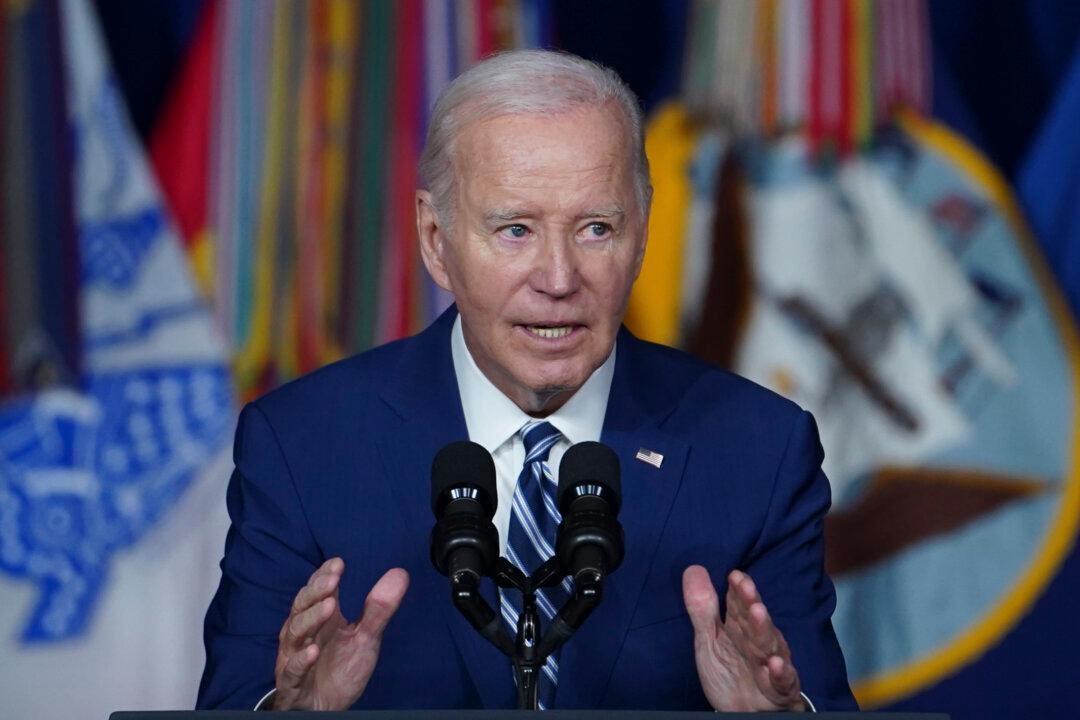In Missouri’s social media censorship case against the Biden administration, President Joe Biden’s lawyers argued there was no solid proof of government coercion in content removal requests, while judges said the pressure reminded them of mafia-style tactics.
The back-and-forth about whether the government’s actions were coercive was one of several testy exchanges in a New Orleans court on Aug. 10, where Judges Edith Brown Clement, Jennifer Walker Elrod, and Don R. Willett of the U.S. 5th Circuit Court of Appeals heard oral arguments in the case of the Missouri v. Biden over free speech, censorship, and government collusion.





